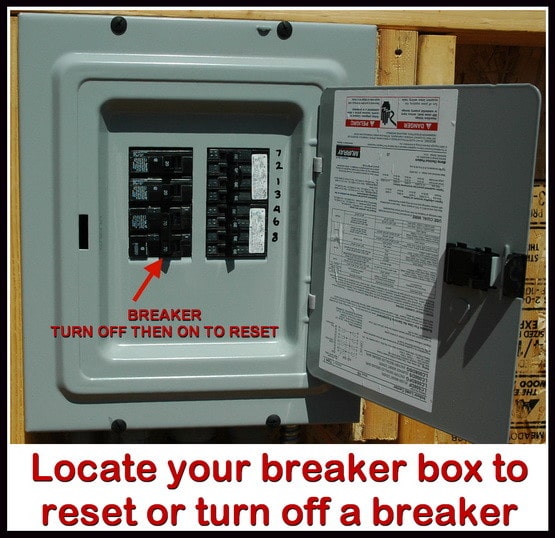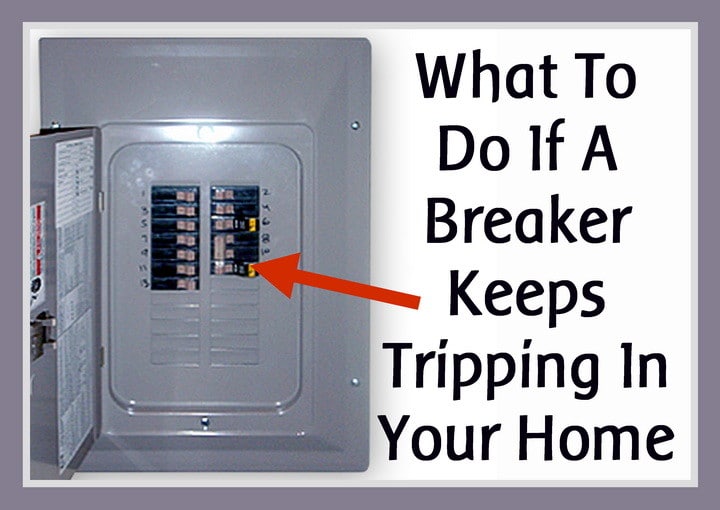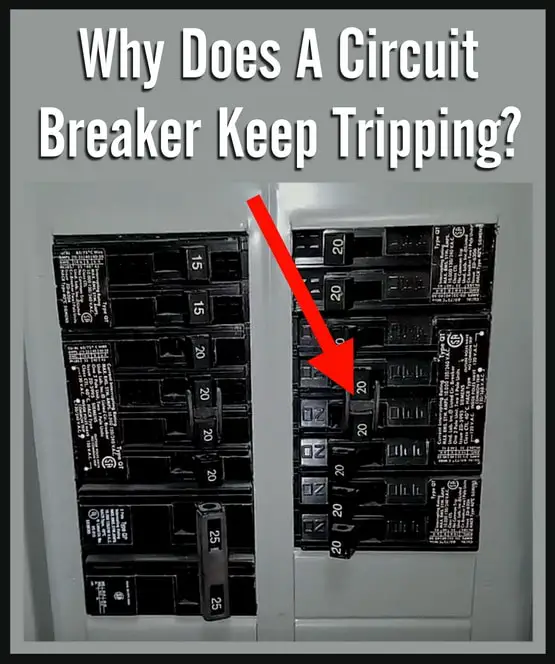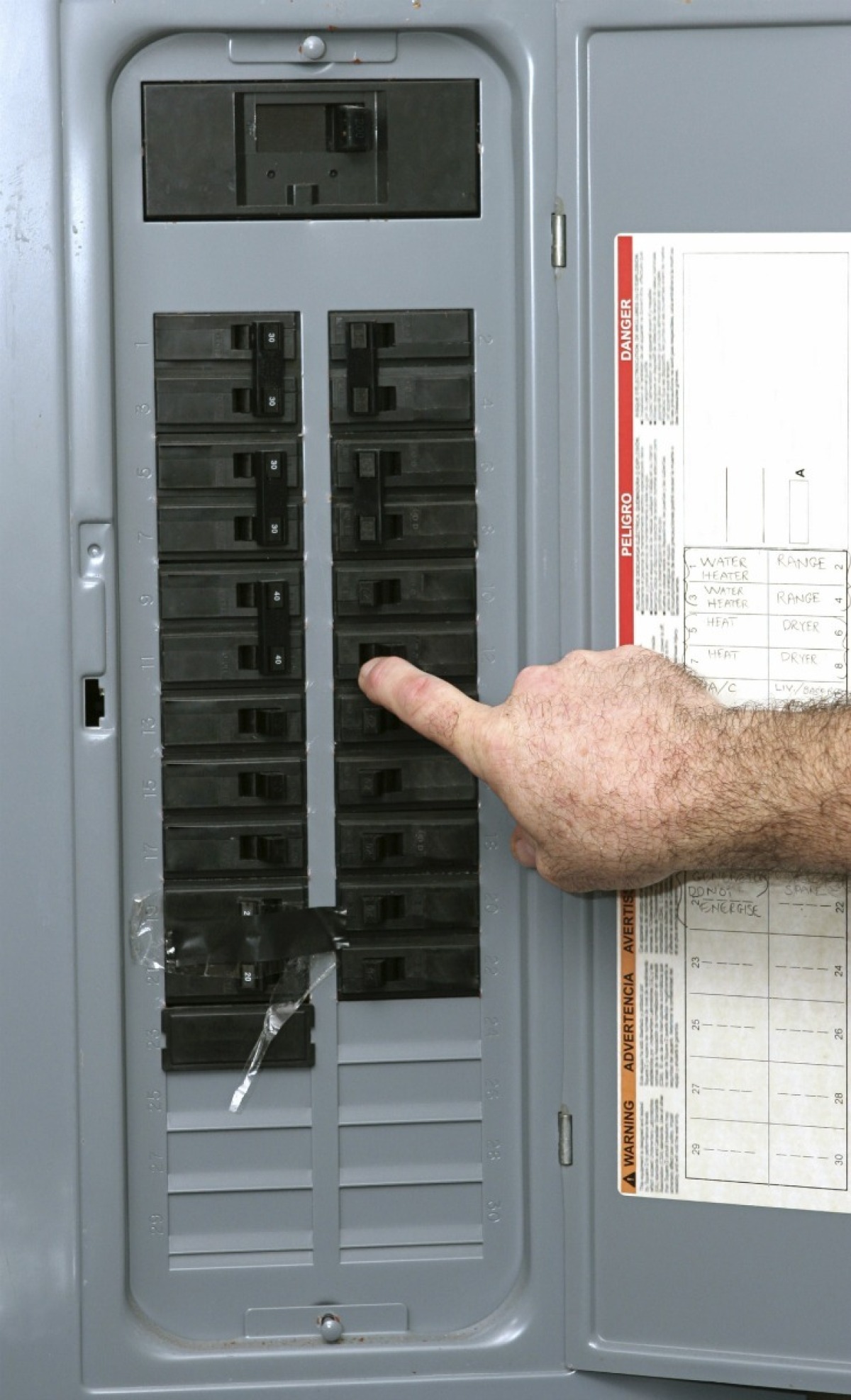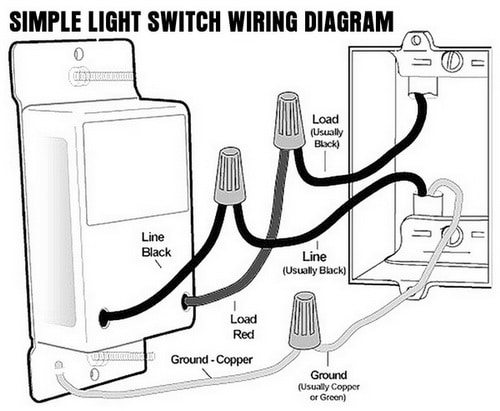If you have a 20 amp circuit for example and you try to run 30 amps through it the circuit breaker will block the circuit and trip to keep your home safe from the amperage overload.
Garage door circuit breaker keeps tripping.
A circuit overload is one of the main reasons why circuit breakers trip constantly.
3 reasons your circuit breaker keeps tripping.
Finally it s possible the garage door opener s motor.
Your circuits are overloaded a circuit breaker gets its name because it is made to break the circuit when there is too much current running through it.
It could be a short especially if metal boxes were used.
As with many such problems the most common problem is the simplest one the motor unit has been unplugged.
If you know the reason behind the constant tripping you can do something about it.
Sometimes with metal boxes when the wiring is crammed into the box the insulation is damaged in a garage it should be a gfci breaker and a very small nick in the insulation can cause a gfci to trip if just a standard breaker there are probably arc marks and possibly damage to the wire itself.
You could have a weak circuit breaker or a bad gcfi electrical outlet.
A short in one of the light sockets could also cause that problem.
Circuit overload is one of the most common reasons for circuit breakers tripping and you can prevent it from happening by running fewer appliances at the same time on that circuit.
If you have a refrigerator or other device on the same circuit this can lead to false tripping.
A short in the control board or the wiring of the garage door opener could also cause that problem.
Let us look at the three main reasons that cause circuit breakers to trip.
Gfi breakers are sensitive to other devices on the same circuit.
You go to plug in something or reach to flip on a switch and.
You can unplug the garage door opener.
It s also possible that the circuit breaker fuse or gfci outlet powering the door opener circuit has tripped or burned.
Common reasons for your circuit breaker tripping are because of either a circuit overload short circuit or a ground fault.
This occurs when you want a particular circuit to provide more electricity than its actual capacity.
